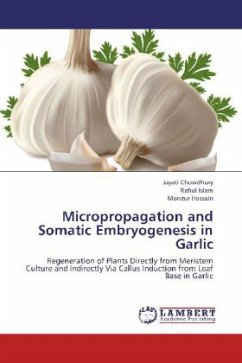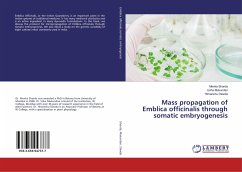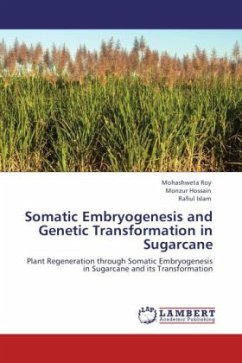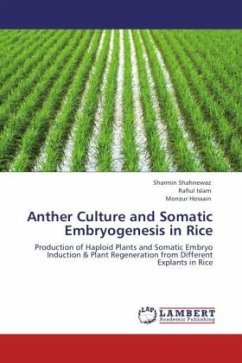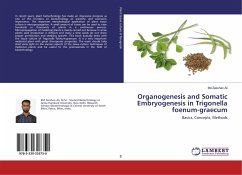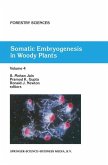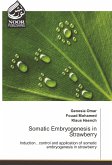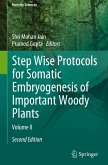In vitro propagation of virus free clones through meristem and subsequent field evaluation of microclones were explored. The present study also includes callus induction from leaf explant followed by somatic embryogenesis, plant regeneration from somatic embryos and subsequent field evaluation of embryo derived plants for exploring possible occurrence of somaclonal variations. The meristem culture, somatic embryos and bulblets derived plantlets after proper acclimatization were transplanted to field and were grown to maturity along with conventionally grown clove derived plants as control. The plants were assessed for the occurrence of somaclonal variation using different morphological and yield related characters. The results illustrated in the present study elucidated that meristem culture used for the micropropagation of garlic could be effective in minimizing the incidence of somaclonal variation and could be used for the production of virus free planting materials. In addition, the high incidence of somaclonal variations generated through somatic embryogenesis may be useful as an alternative breeding tool for widening genetic basis for the improvement of new garlic cultivars.

